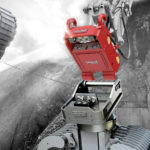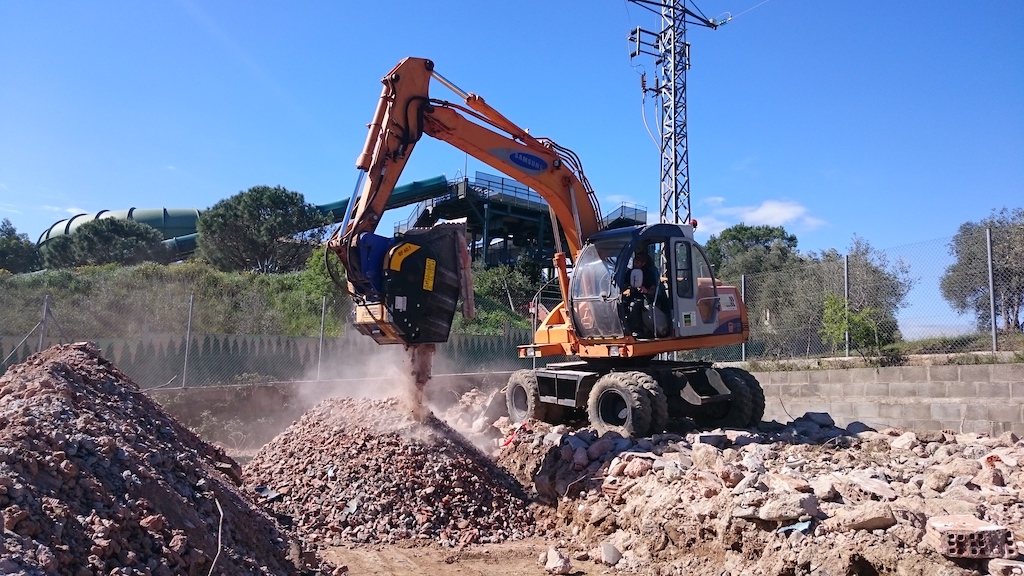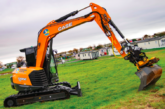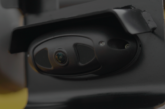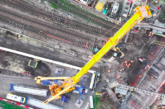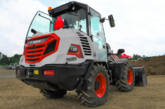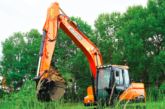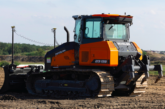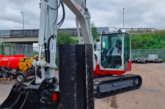The switch to white diesel means companies need to think smarter about the way they work on site, according to Worsley Plant.
It’s a hot topic that is hard to ignore in the construction and demolition industry. As part of the Government’s long-term plans to achieve net-zero carbon emissions by 2050, and to encourage the industry towards using alternative power sources, companies operating construction machinery and equipment, are now no longer allowed to use rebated red diesel or rebated biofuels. Instead, they will need to switch to white diesel.
With white diesel up to 190 per cent more expensive for the industry than red diesel was before the onset of the pandemic, many businesses could be in jeopardy, and unable to survive the rising costs, especially smaller companies. To survive, close scrutiny of fuel savings on projects is required. As well as considering other alternative fuels – such as HVO (hydro-treated vegetable oil) – it will be more important than ever to work smarter on site.
Many hydraulic attachments can save time, money and ultimately the environment. “Only one machine and one operator is carrying out the job, resulting in big money-savings. There is no need to move the material, our transport costs have been eliminated.” says one owner of an MB Crushing Bucket. Processing materials with one engine and the bucket means no loading shovel, no tipper truck, no static crusher. The materials can be recycled there and then and immediately re-used.
The advantages of crushing buckets over static crushers or buying in materials are clear, and are especially beneficial for the smaller contractors on whom the rise in fuel costs will have a bigger impact. Looking at more fuel-efficient attachments will also become important. Often the cheaper version is not the best option and it’s crucial that your machines operate at an optimal level whilst also cutting fuel consumption.
Louis Broekhuizen, Commercial Director at Rotar recently stated that their Shears may not be the cheapest models on the market, but they will last a long time and new technology used means the equipment’s diesel consumption has been significantly decreased. A recent report revealed that operating a Hitachi/Rotar combination with a daily running time of 10 hours will achieve around a £2,300 saving in monthly diesel costs.
Another consideration, particularly in the demolition sector, is the introduction of a fully automatic quick coupler to allow the operator to use one machine and change over to the right tool for the right job. This means the tool is being used more efficiently and only one machine is needed rather than two or three.
It’s clear that with the recent changes companies need to re-think the way they work to avoid rising costs. Sean Heron, MD of Worsley Plant added: “Thinking smarter is key. Many of the suppliers we work with have a focus on saving time and money. We have been promoting the importance of one machine, one attachment recycling on site and eliminating transport costs for many years through our MB and Remu product ranges.
We’re not saying we can help with all the issues that companies are facing with the change to white diesel, but we can certainly go a long way to helping our customers make smart choices.”

